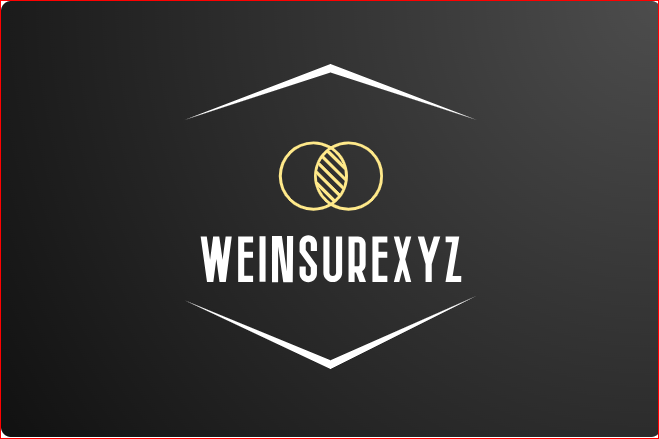Choosing the best options for buying business insurance involves understanding your needs, exploring different providers, and comparing policies. Here’s a breakdown to help you make informed decisions:
1. Assess your business’s unique risks
- Identify potential liabilities: Consider what types of claims your business might face, such as bodily injury, property damage, errors and omissions, cyberattacks, or employee injuries.
- Determine legal requirements: Research mandatory insurance coverage for your industry and location, including state and local regulations.
- Consider industry-specific needs: Certain industries, like construction, tech, or healthcare, have unique risks that require specialized coverage. For example, a construction firm faces higher risks of accidents than an IT consulting firm.
2. Explore insurance providers
- Top-rated carriers: Consider reputable insurance companies with strong financial ratings and positive customer service reviews. Some top companies often mentioned are Travelers, The Hartford, Nationwide, Liberty Mutual, and Progressive.
- Independent insurance agents: Work with an independent agent or broker who can shop around and provide quotes from multiple insurance carriers. This can help you find the best coverage and price combination.
- Online brokers: Companies like Insureon and Simply Business offer online platforms for comparing quotes from different providers and purchasing coverage.
3. Understand key insurance policies
- General liability insurance: Protects against claims of bodily injury or property damage to third parties. This is a fundamental policy for most businesses, according to the U.S. Chamber of Commerce.
- Business Owners Policy (BOP): Bundles general liability, commercial property, and business interruption insurance into one package, often at a discounted rate.
- Professional liability insurance (E&O):Covers negligence, errors, or omissions in the professional services or advice you provide.
- Workers’ compensation insurance: Provides coverage for employee medical bills and lost wages due to work-related injuries or illnesses, required in most states for businesses with employees.
- Commercial auto insurance: Protects vehicles used for business purposes against accidents, theft, and damage.
- Cyber liability insurance: Covers financial losses and legal expenses related to data breaches and cyberattacks, especially crucial for businesses handling sensitive customer information.
- 4. Compare policies and pricing
- Get quotes from multiple providers: Don’t settle for the first quote you receive. Compare rates, terms, and benefits from different companies and policy types.
- Understand cost factors: Premiums are influenced by your industry, location, claims history, number of employees, and chosen coverage limits and deductibles.
- Consider bundling: Combining different policies like general liability and property insurance in a BOP can often lead to cost savings.
5. Regularly reassess your needs
- Annual reviews: Your business needs will evolve as you grow. Review your insurance policies annually with your agent to ensure your coverage remains adequate and updated.
- Adjust coverage as needed: If you expand operations, hire more employees, or acquire new equipment, update your policies accordingly. Remember: Consulting with a licensed insurance agent or broker can provide valuable expertise and help you navigate the complexities of business insurance to find the most suitable coverage for your specific needs and budget.

